Keywords: A Man On The Inside
-
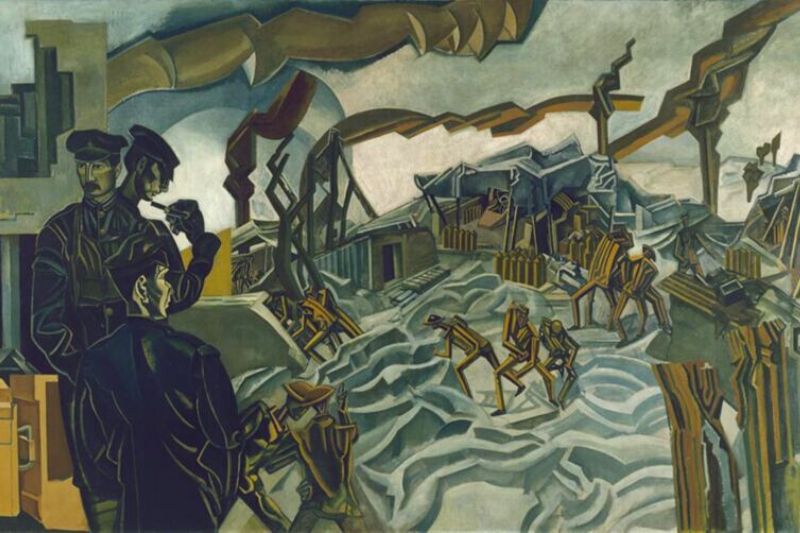
INTERNATIONAL
- Warwick McFadyen
- 08 November 2023
1 Comment
This November 11, for many at ceremonies around the nation, the clocks will stop, the breath will pause for a minute to remember the dead and injured of war. And like the poppies in Flanders fields, the lists of names of men killed in action continues to grow: in Africa, in Europe and Asia. If history is our teacher, then we are very poor students.
READ MORE
-
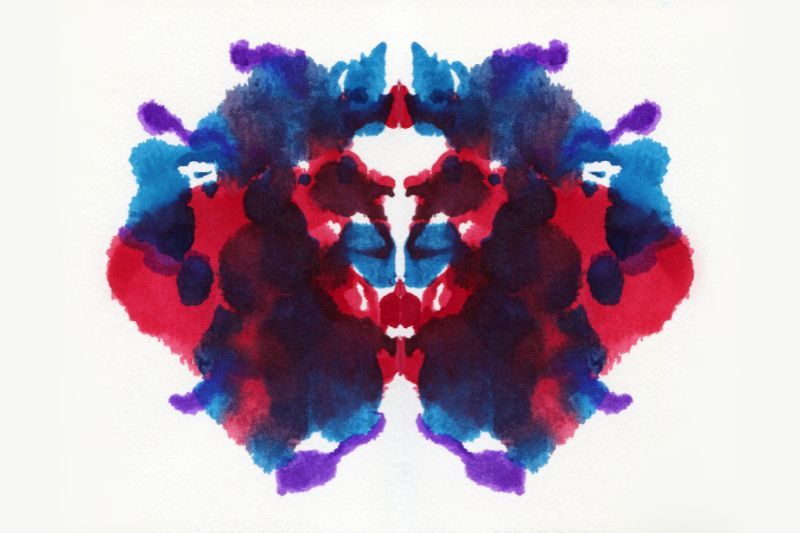
AUSTRALIA
- Neil Jeyasingam
- 08 November 2023
7 Comments
Personality disorders — especially Borderline Personality Disorder — are both ubiquitous and enigmatic, with Borderline cases alone occupying nearly half the beds in the nation's mental health wards. New therapies offer hope, but also cast light on the human need to be seen and understood.
READ MORE
-
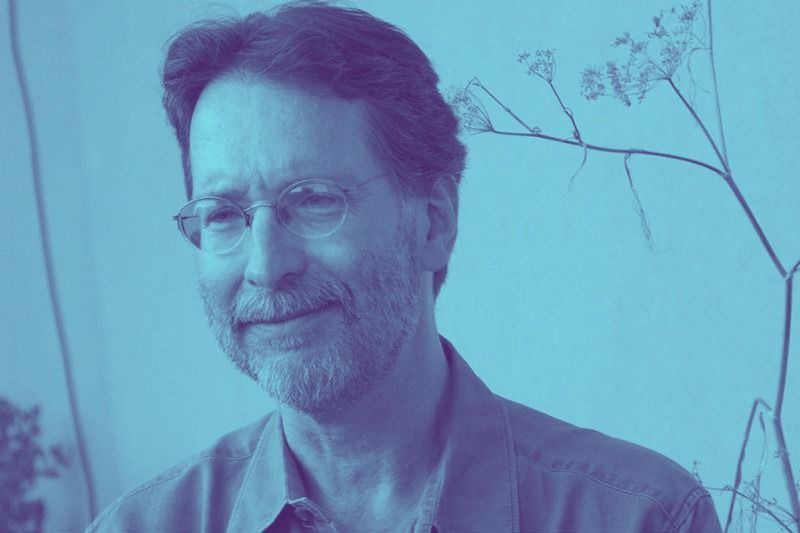
ARTS AND CULTURE
- Brian Doyle
- 05 October 2023
3 Comments
It's hard for a guy to cry endlessly and helplessly. It is. Some remote part of you shouts Man, get it together, this is totally beyond the bounds. But I couldn't stop. (From 2018)
READ MORE
-

AUSTRALIA
- David James
- 13 September 2023
1 Comment
Investigations into KMPG's ties with Australia's Defence department highlight broader concerns about consulting firms' murky dealings with government. As corporate-public boundaries blur, accountability suffers, with ethical pursuits sidelined by power and profit drives.
READ MORE
-
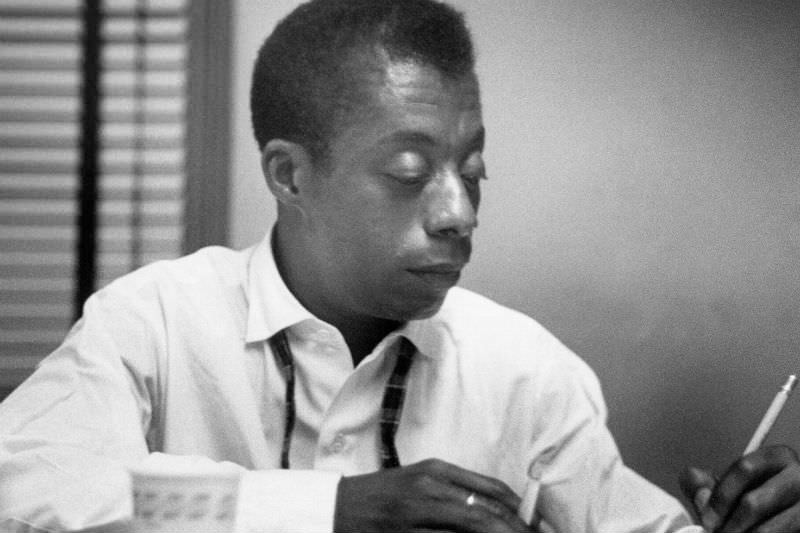
ARTS AND CULTURE
- Mark Tredinnick
- 31 August 2023
3 Comments
Amid shifting perceptions and the fluidity of names, our understanding of self dances on the edge of subjectivity. Traversing the landscape of literature, we're invited to confront our own reflections, to ask what truly defines us in a world that is ever-evolving, and to look beyond the obvious and into the heart of our shared human experience.
READ MORE
-

ARTS AND CULTURE
- Philip Harvey
- 20 July 2023
6 Comments
It's all very well to remove excess furniture, but furniture is not books. How many chairs does one need? Chairs are not books. To reduce a library as a household expedience is to objectify the books. Their contents are emptied of value, their history relegated to out-of-date. They have no more meaning than books in an Ikea display room. (From 2019)
READ MORE
-

INTERNATIONAL
- Michele Gierck
- 13 July 2023
3 Comments
In a world coloured in shades of grey, can a fervent peace activist find common ground with a staunch military tank commander? As we navigate the complexities of war, peace, and human connection, how can one reconcile past experiences with the humanity found in unexpected places?
READ MORE
-
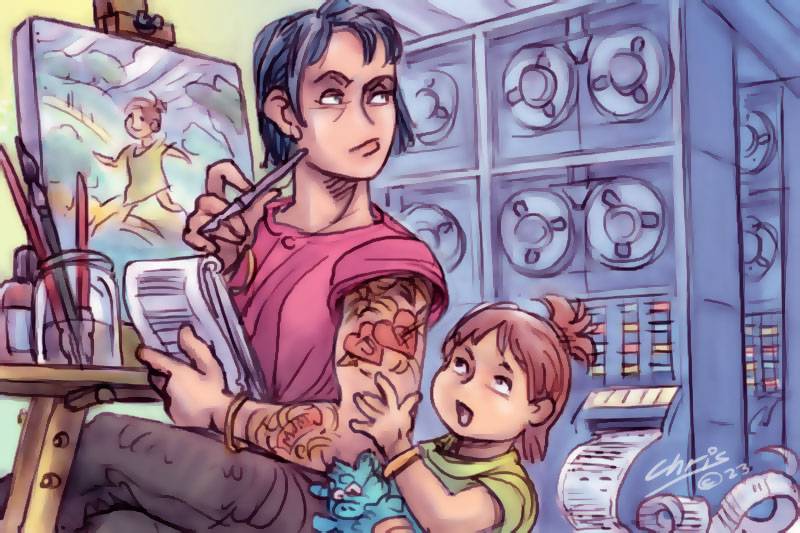
ARTS AND CULTURE
- Philip Harvey
- 21 June 2023
1 Comment
A forgotten, faded poem by Judith Wright, found in a second-hand book, explores the tension between humanity and the rise of computers in the 1960s, artfully questioning the supposedly superior nature of these early machines, reminding us of the enduring value of human experiences and qualities.
READ MORE
-

ARTS AND CULTURE
- Peter Craven
- 14 June 2023
Ian McEwan's Lessons marked a sharp twist in a five-decade literary career, and presents an opportunity to reflect on his expansive body of work. The one-time literary rogue and Booker laureate now stands as the unquestioned doyen of modern English fiction, his audacious work perpetually navigating undercurrents of unease.
READ MORE 
-
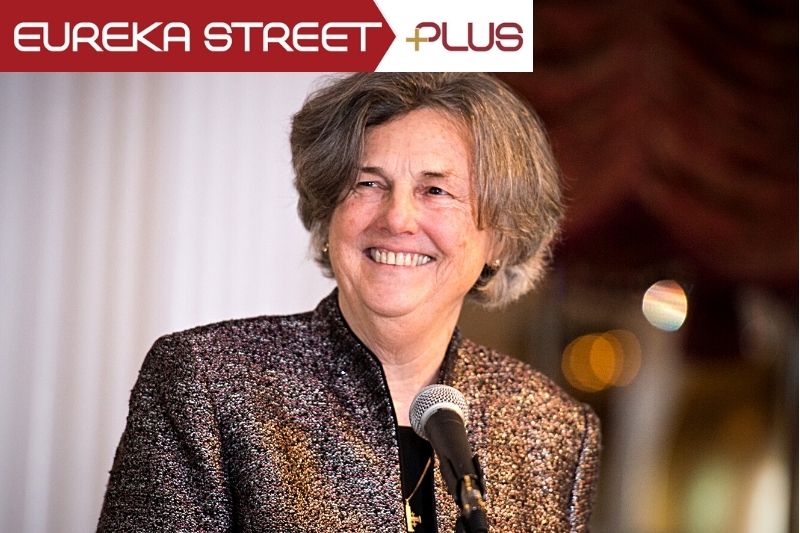
RELIGION
- Michele Frankeni
- 26 May 2023
3 Comments
In a discussion with Michele Frankeni, Catholic scholar Dr Phyllis Zagano explores the question of whether there is a need for increased recognition of women in the Catholic Church, particularly regarding their potential in the diaconate. She investigates both the historical evidence for ordained female deacons and the modern arguments for their re-introduction.
READ MORE 
-

AUSTRALIA
- Michael McVeigh
- 26 April 2023
Some people live large. Their presence fills a room and stays with you for a long time afterwards. Father Bob Maguire, who died last week, was one of those people. Fr Bob’s voice, his presence, left a mark on the lives of so many people, from so many walks of life.
READ MORE 
-
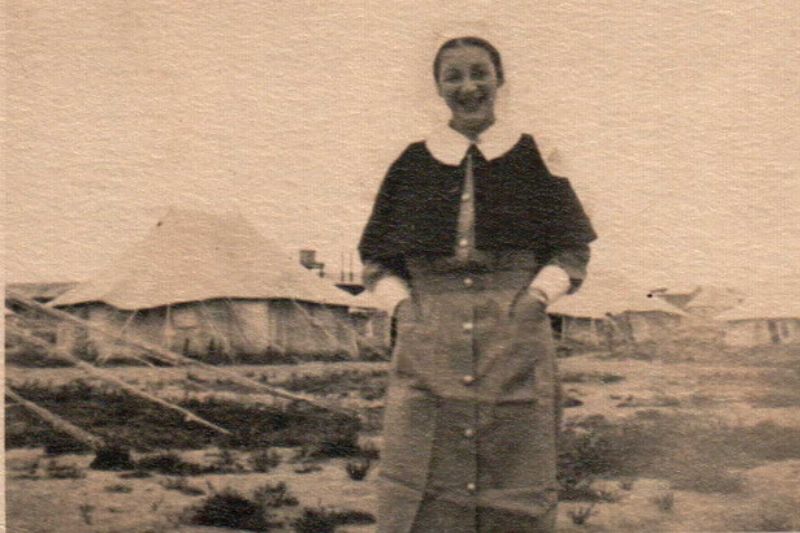
AUSTRALIA
- Erica Cervini
- 24 April 2023
1 Comment
A small autograph book from an Australian army nurse in World War II provides a unique glimpse into the lives of those she cared for in Palestine. With sketches and heartfelt inscriptions, the book illuminates the overlooked efforts of nurses whose dedication continued even after the war.
READ MORE